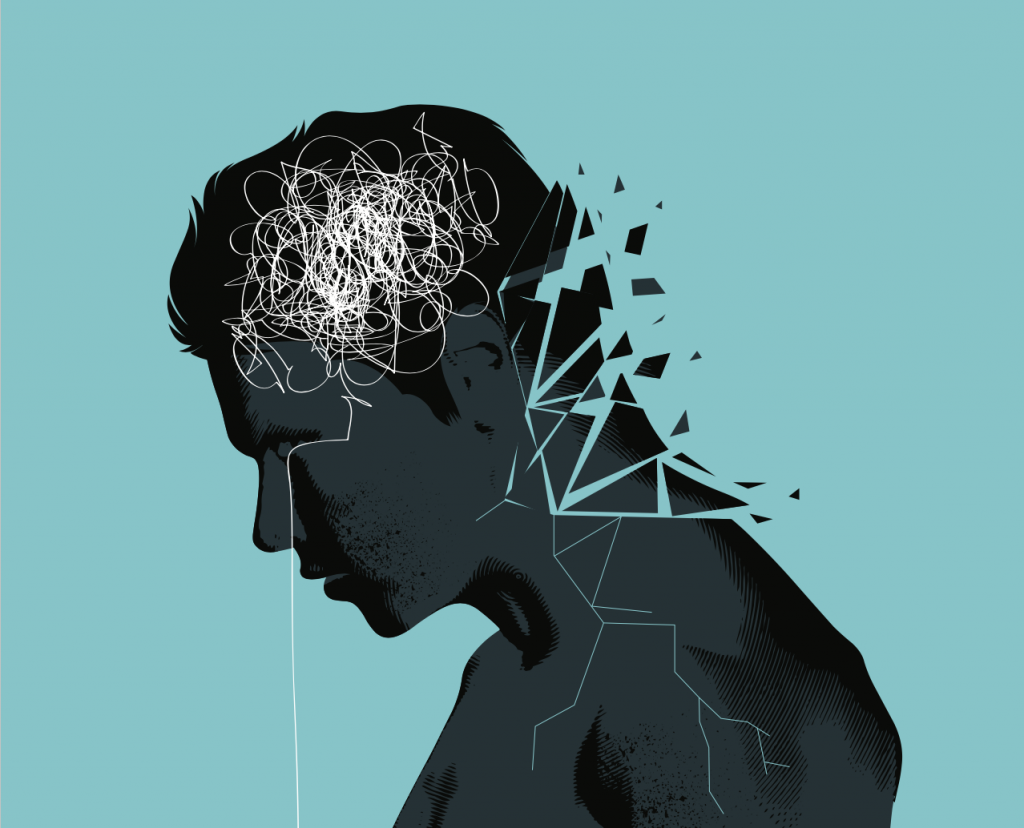More than half of people in the UK have experienced social exclusion in the past year leading to poor mental health and wellbeing.
This is according to a survey of more than 2,000 people in the UK from Bupa in partnership with ParalympicsGB.
The survey found that 58% of those polled have felt excluded in the past year – leading them to feel shut out when going about their daily life (28%), at work (27%) or within society (24%).
The research also shows that 30% of people have felt a negative impact on their general mental health due to their experience of social exclusion, with many left feeling isolated (41%), sad (41%) and anxious (33%).
But disabled people are disproportionately affected with 72% of those living with disability reporting that they have experienced exclusion. This group was also almost twice as likely to report poor mental health than the wider population, as well as high levels of loneliness (43%). Women (61%) were also significantly more likely to report feelings of isolation.
Importance of teams
Currently 44% of people in the UK are not involved in social, professional, community or interests-based support networks. And for one in five (21%), the number of teams they belong to had decreased over the past three years.
In contrast, people who are part of a team – such as work teams, sports teams, clubs based on hobbies and interests, online communities, religious or community groups – were 17% more likely than average to report that their mental health is good. And disabled people who belong to a team were 80% more likely to say they are happy, and 33% more likely to say their mental health was good.
Those who were part of at least one team or society experienced personal, professional and health benefits including feeling happier (30%), more confident (26%) and more likely to achieve their health and fitness goal. This sense of belonging led to people feeling more included in society (36%), sociable (35%) and valued (34%)
Paralympic Gold medallist Richard Whitehead MBE said: “I know from personal experience that feeling excluded is very harmful, both in terms of mental health and preventing people from reaching their potential. And although we’re making progress, it’s not always as easy for disabled people at school, work or in the community – which is why equal opportunities for everyone and feeling a sense of belonging is so important.
“Being part of a team has been really important for me in reaching my sporting and professional goals. Everyone needs a strong team in their corner, whether in their professional or personal lives, and deserves to feel included,” he said.
As part of Bupa’s partnership with ParalympicsGB, it is calling for greater inclusion in society, at work and in sport, and is highlighting the importance of being included in a group or team to support better physical and mental health and reach personal goals.
Dr Naomi Humber, head of mental wellbeing at Bupa, added: “Being part of a community or team with common interests or goals has a remarkable positive impact on both physical and mental health. Group participation and inclusion promotes a sense of belonging and social connection, creating a supportive environment that encourages healthy behaviours and motivates individuals to achieve their personal, professional and health goals.”
